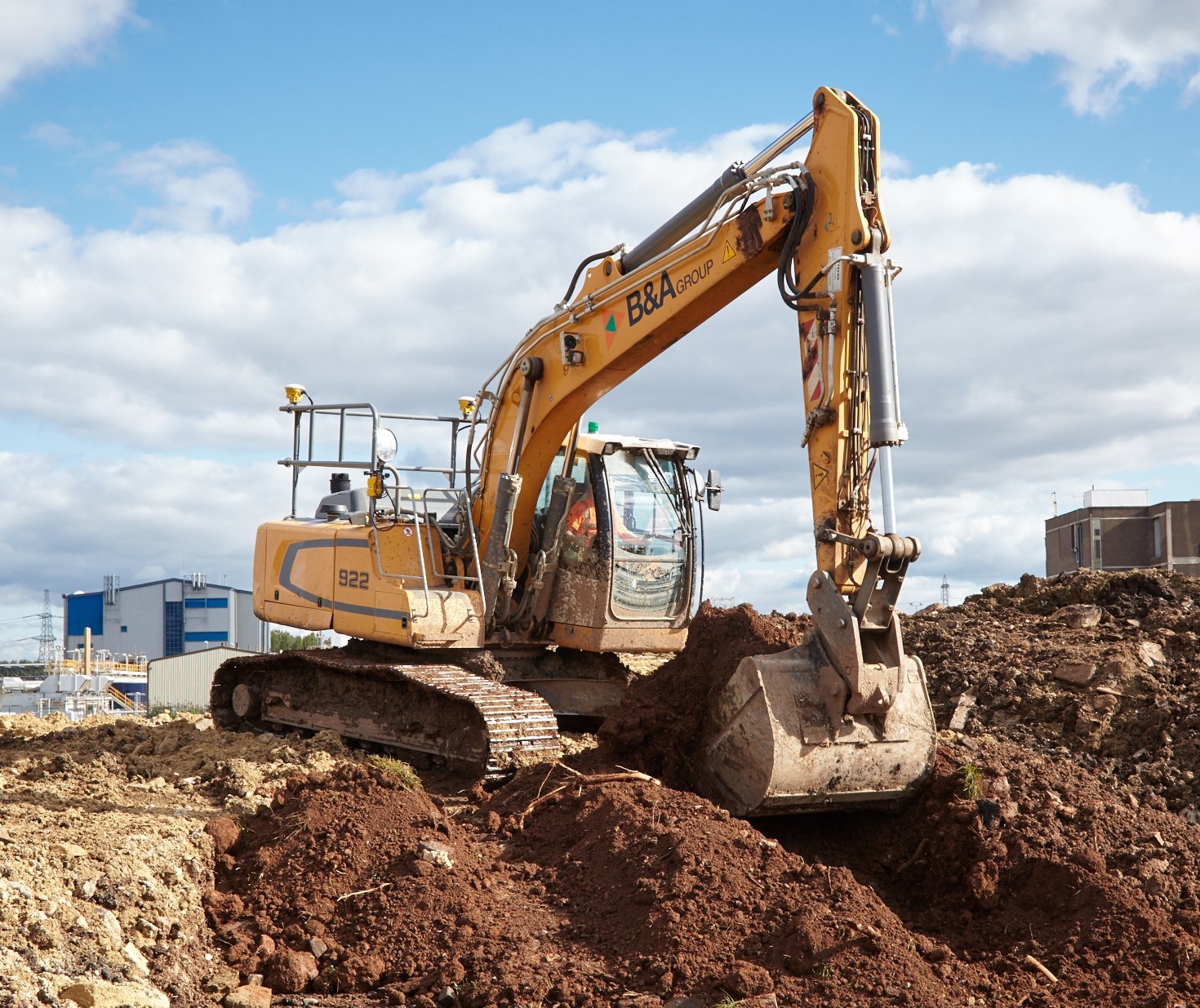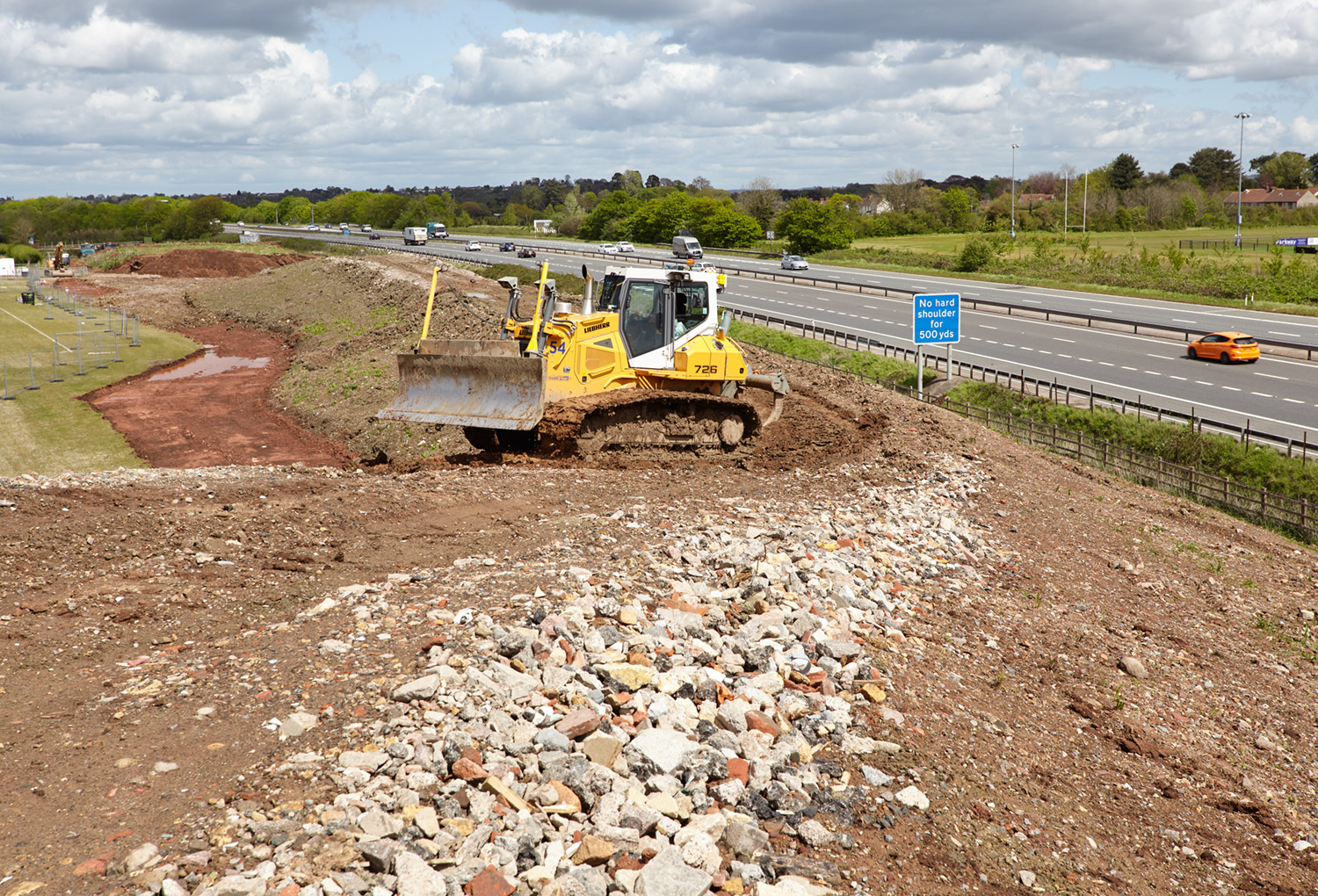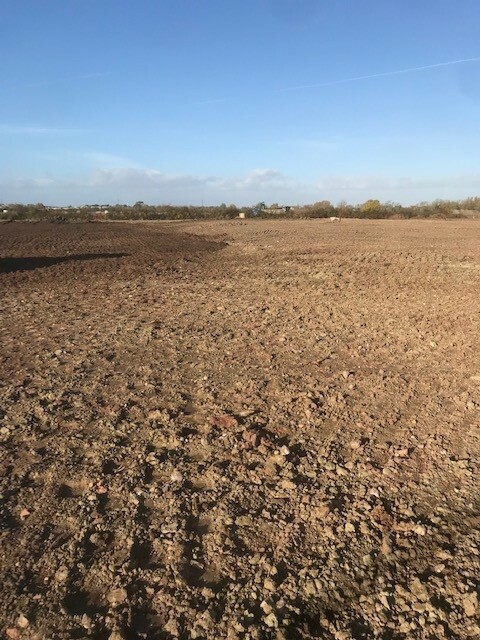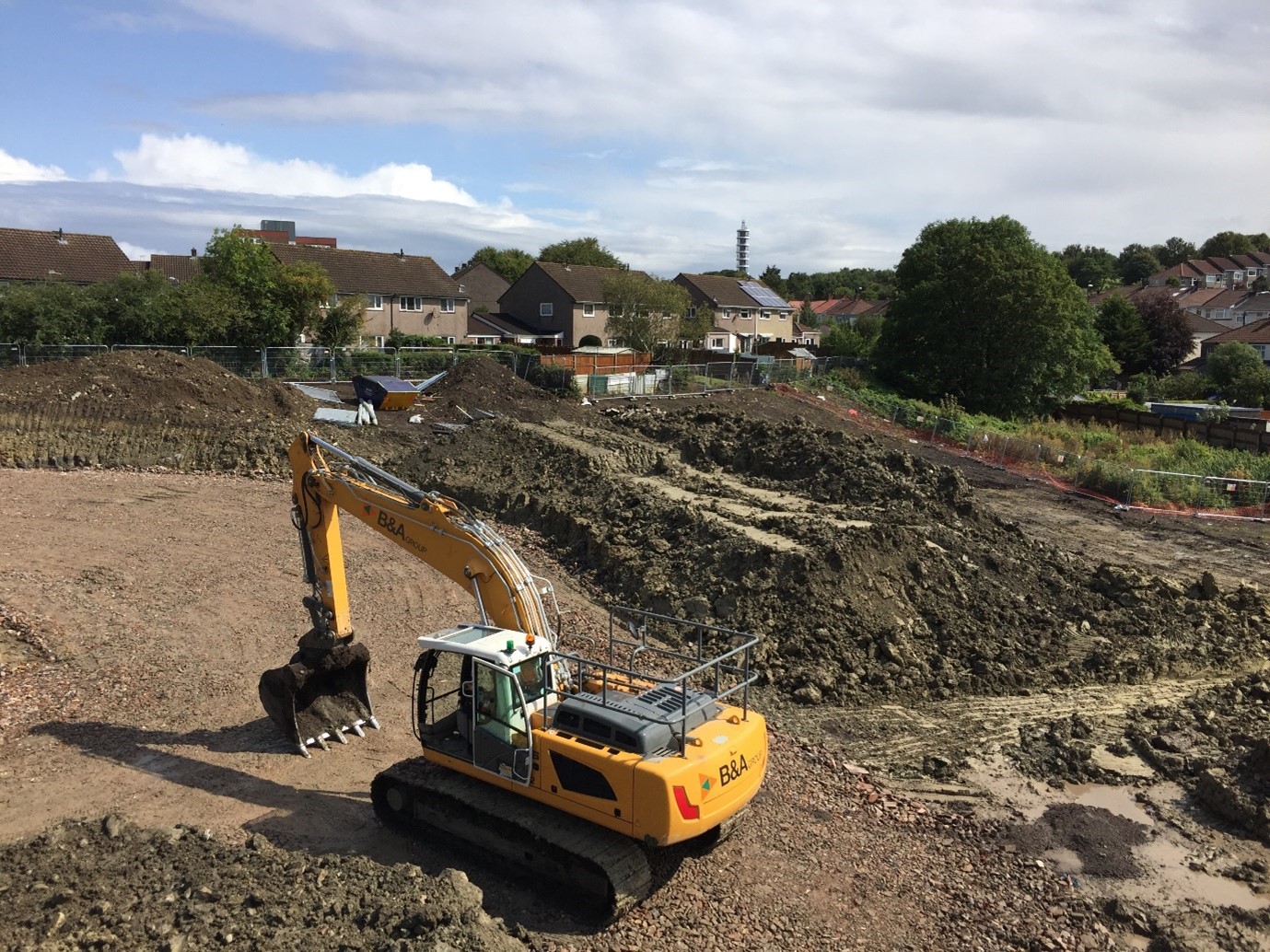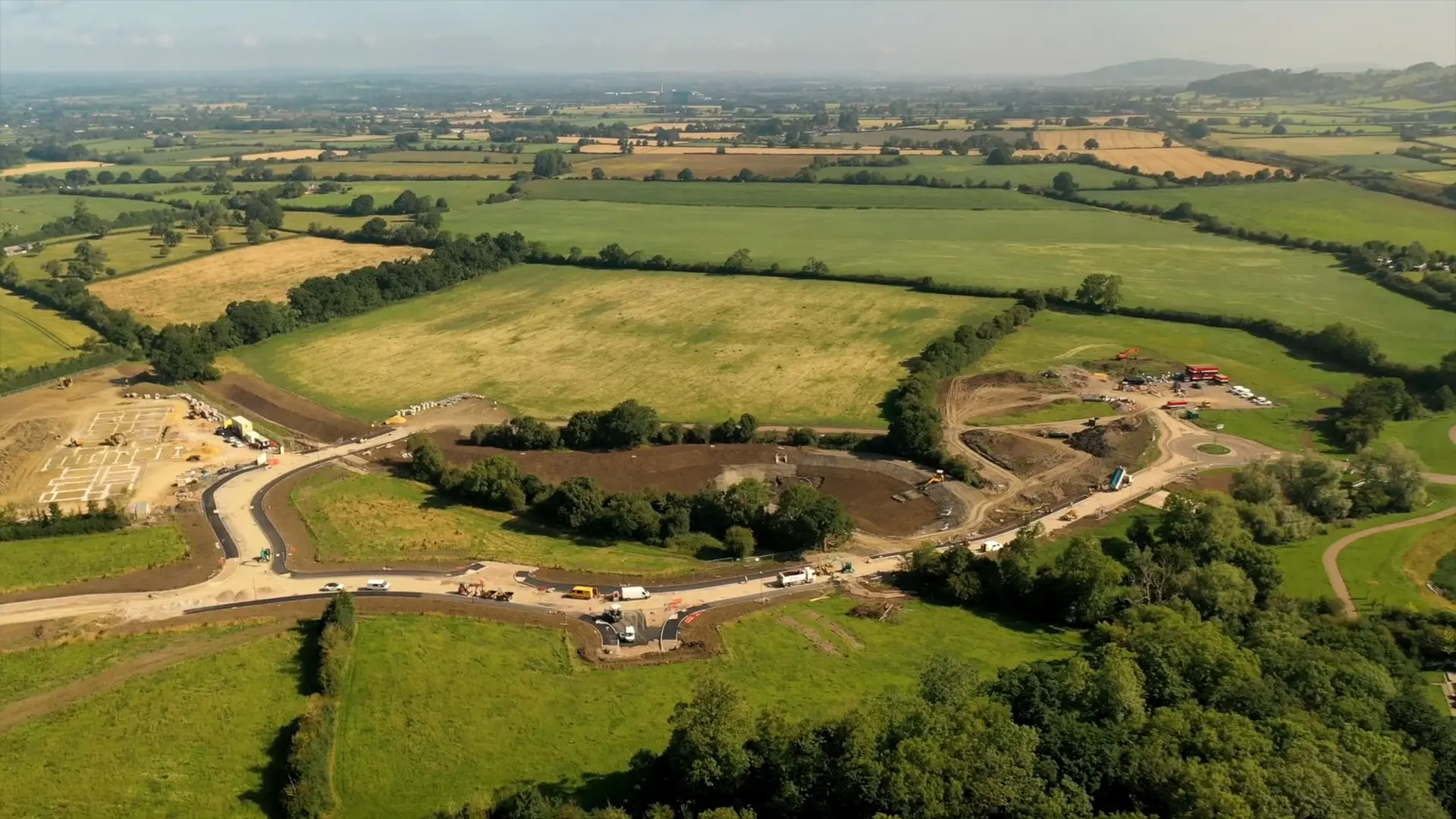
Earthworks & Contracting
With years of experience in the industry, our team specialises in excavation, site clearance, cut and fill, bulk earthmoving, and land remediation. We provide expert earthworks and landmoving solutions for construction and infrastructure projects across Bristol and the South West.
Using state-of-the-art machinery and an extensive fleet of haulage vehicles, we ensure efficient and cost-effective solutions for projects of all sizes. Whether you're preparing a site for development or managing large-scale earthmoving operations, we have the expertise and resources to deliver.
To discuss your earthworks and landmoving needs, get in touch with us today. Call our team or submit an enquiry through the contact form below.
Dedicated earthworks contractors to fulfil your project
We understand that every project has unique requirements, which is why we tailor our earthmoving and landmoving solutions to suit your needs. Our services are fully compliant with UK environmental regulations, ensuring responsible handling of materials and waste.
From small-scale groundwork to large infrastructure projects, we provide:
- Bulk excavation and site preparation
- Cut and fill operations
- Muck away and waste management
- Land remediation and soil stabilisation
With our skilled operators and commitment to high standards, we guarantee safe and reliable earthmoving solutions to keep your project on track
Case study: Delivering Premier Sports Facilities
Creating training pitches for Bristol Bears Rugby
B&A were appointed the development of Beggar’s Bush Lane sports facility to convert old farmland into a series of sports pitches, to house the Bristol Bears’ training facilities and be a hub for sports facilities in the area. We played a key role in delivering expert earthworks solutions to prepare the site for high-quality multi-sports pitch facilities. Our team carried out essential groundwork, including bulk excavation, land grading, and soil stabilisation, ensuring a stable and level foundation for the new pitches.
FAQs
What do earthworks include?
Earthworks encompass a variety of construction processes involving the moving and shaping of earth. This can include activities like excavation (digging), filling, compaction, and grading.
Essentially, any work that alters the natural contours of the land, whether it's for creating embankments, trenches, platforms, or other features, falls under the umbrella of earthworks. Think about projects like road construction, creating foundations for buildings, or even landscaping – these often involve significant earthworks.
Do earthworks require planning permission?
Whether or not planning permission is required for earthworks depends heavily on the specifics of the project. Factors like the scale of the work, its location (e.g., if it's in a conservation area or near a watercourse), and the potential impact on the environment are all taken into consideration.
Smaller, less impactful projects might fall under permitted development rights, meaning no formal planning application is needed. However, larger or more complex earthworks almost certainly will require planning permission. It's always best to check with the local planning authority to be absolutely sure before starting any work.
Do earthworks only use natural materials?
While earthworks primarily involve natural materials like soil and rock, they don't exclusively use them. Sometimes, other materials are incorporated to improve stability, drainage, or other properties.
These can include things like crushed concrete, recycled aggregates, or geotextiles (synthetic fabrics). The choice of materials depends on the specific requirements of the project and considerations like cost, environmental impact, and engineering specifications.
What are the benefits of earthworks?
Earthworks are essential for a wide range of construction and infrastructure projects. They enable us to create level surfaces for building, construct roads and railways, manage water flow through drainage systems and embankments, and even shape the landscape for aesthetic purposes.
Properly executed earthworks are crucial for ensuring the stability and longevity of structures, preventing erosion, and mitigating the risk of landslides. They can also create valuable land for development and improve the overall functionality and usability of an area.
